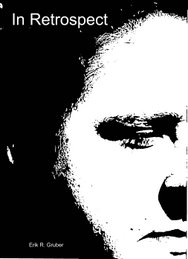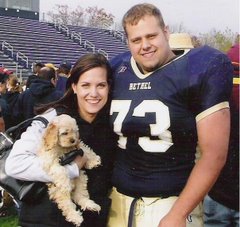In a study released late Tuesday, Duke University researchers revealed their findings that what doesn’t kill you does not actually make you stronger, an assertion which flies in the face of common thought and contradicts the age-old saying.
In a series of experiments designed to put the prolific proverb to the test, university scientists put human subjects through a series of rigorous mental and physical trials, bringing them to the very brink of death. The scientists found, much to everyone’s surprise, that after the trials the test subjects were in actuality much, much weaker.
Speaking at a conference held in honor of the study, lead scientist Dr. Marvin P. Hefferbotom discussed the methods used to arrive at this startling conclusion. “We employed every form of mental and physical torture our sick minds could conjure up in order to inflict unimaginable pain upon our randomly chosen test subjects. The aim was to bring them as near to death as any human being can possibly go, thinking that exposure to a variety of punishments that wouldn’t quite kill them would result in the emergence of a group of super-beings, incalculably stronger than your average human that experiences only a modest number of things that don’t quite result in death. Imagine our dismay when we found that after the tests our subjects were in actuality pathetically weak, had lost most motor skills, and could not even control their own bowels.”
A video of the post-experiment test subjects reveals individuals huddled in corners, hitting their heads against walls, and frantically screaming as they claw at their skin.
“In our efforts to make these people stronger, we’ve essentially made them mentally and emotionally autistic, rendered them physically incapable of caring for themselves, and destroyed their lives, as well as their family’s lives, for years to come. This was certainly an unexpected result,” Dr. Hefferbotom mused.
As a result of the study the old saying has been modified to “What makes you slightly uncomfortable could potentially better equip you for future minor discomforts.”
Subscribe to:
Post Comments (Atom)


















No comments:
Post a Comment